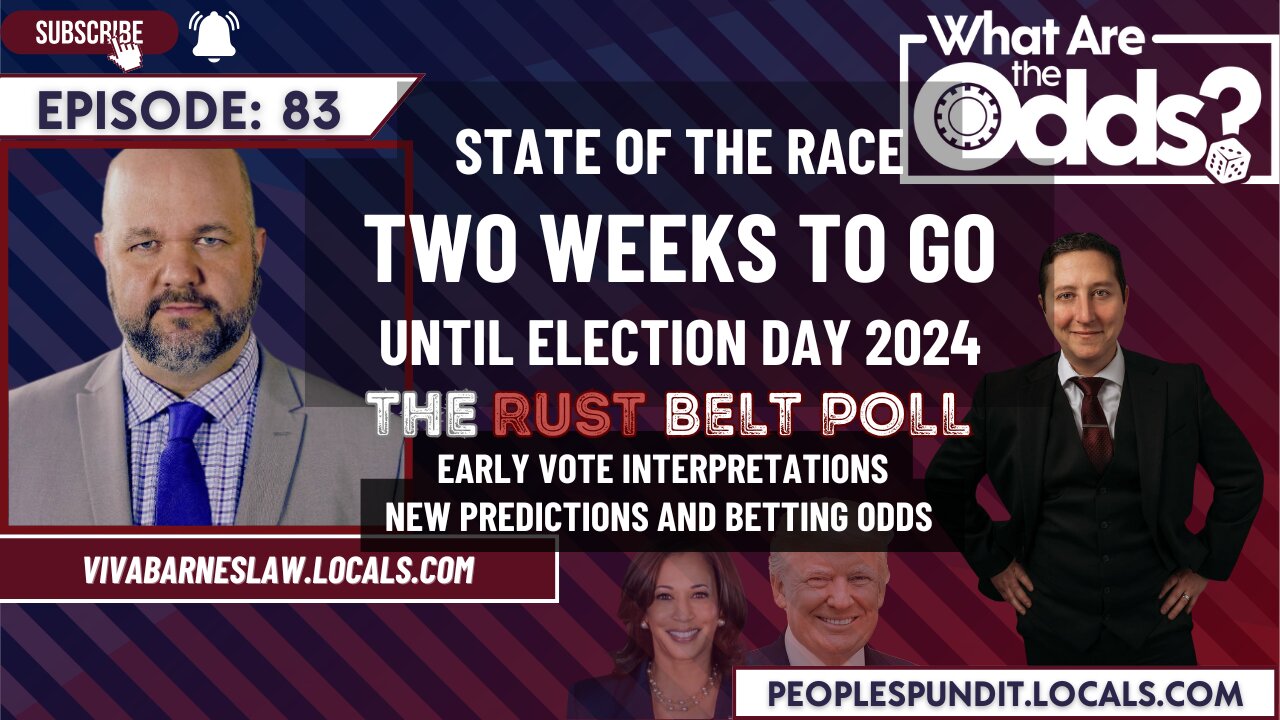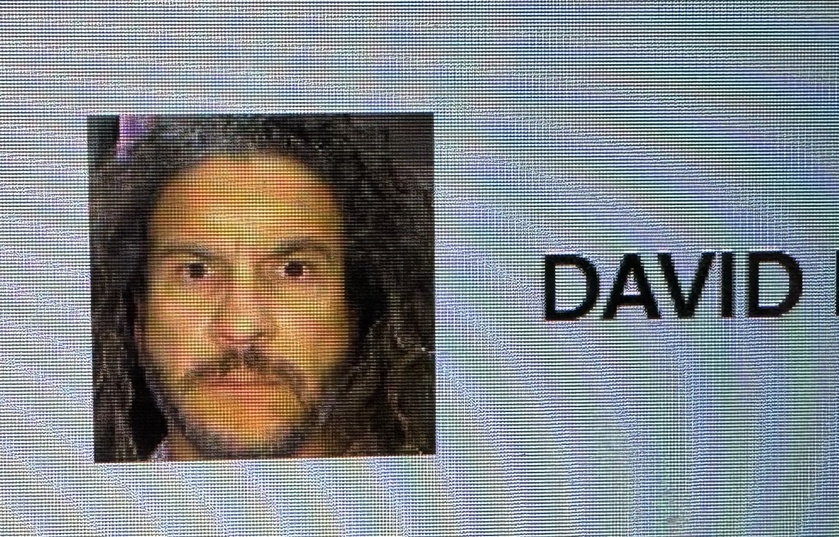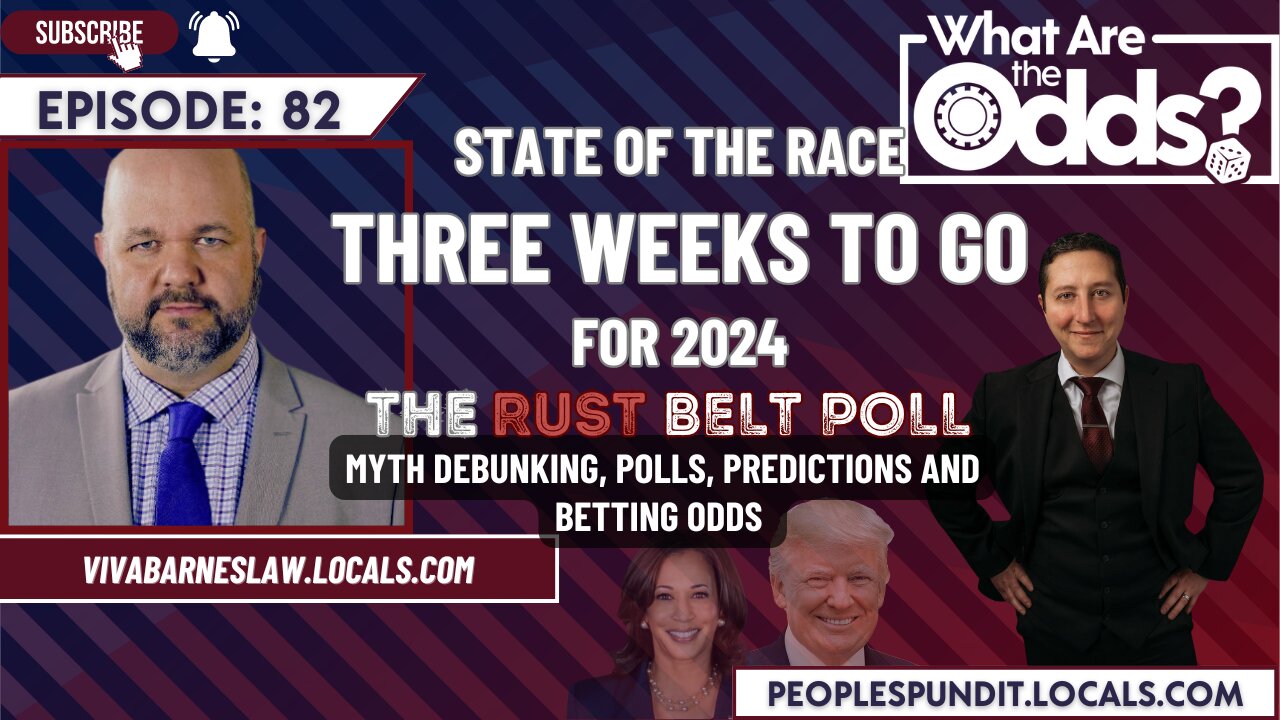Part 3:
"Abuse of Power: A Comprehensive List of Alleged Federal Crimes by Key Figures in Government and Society"
Introduction
The following comprehensive list details allegations of potential federal crimes committed by key figures across government, corporate, and other influential sectors. These individuals, including high-ranking officials, corporate executives, and policymakers, are alleged to have violated laws protecting the integrity of the United States' justice system, constitutional rights, and public trust. From obstruction of justice and suppression of free speech to mishandling classified information and fabricating intelligence, the alleged actions outlined below have far-reaching implications. Together, they paint a troubling picture of systemic abuse of power, lack of transparency, and an erosion of the principles of accountability and fairness. Each entry is meticulously detailed to provide clarity on the allegations, the crimes potentially committed, and the consequences these actions may have on American society and democracy.
18. Nina Jankowicz
Total Potential Penalty: 15 years imprisonment and $500,000 in fines
What She Allegedly Did:
1. Advocating for Government-Supported Censorship:
- Incident: As head of the short-lived Disinformation Governance Board, Jankowicz allegedly pushed for federal oversight of online content, effectively supporting governmental control over speech.
- Specific Crime: 18 U.S.C. § 241 (Conspiracy Against Rights).
- Explanation: Participated in efforts to deprive Americans of their First Amendment rights through coordinated censorship of online narratives.
- Penalties: Up to 10 years imprisonment and fines up to $250,000.
2. Suppression of Lawful Speech Under the Guise of Combating Disinformation:
- Incident: Encouraged suppression of political opinions and lawful content by labeling them as disinformation, particularly concerning elections and pandemic policies.
- Specific Crime: 18 U.S.C. § 371 (Conspiracy to Defraud the United States).
- Explanation: Used her position to influence private platforms and federal agencies to act against lawful free speech.
- Penalties: Up to 5 years imprisonment and fines up to $250,000.
Potential Victims and Impact:
- Victims: Social media users, independent journalists, and political commentators.
- Impact: Amplified concerns about government interference in free speech and highlighted risks associated with centralized control over information.
19. James Baker
Total Potential Penalty: 10 years imprisonment and $250,000 in fines
What He Allegedly Did:
1. Collusion to Suppress Information:
- Incident: As Twitter’s former Deputy General Counsel, Baker played a key role in advising Twitter to suppress the Hunter Biden laptop story, allegedly under FBI influence.
- Specific Crime: 18 U.S.C. § 241 (Conspiracy Against Rights).
- Explanation: Conspired with federal agencies and private entities to deprive citizens of their First Amendment rights by suppressing lawful speech.
- Penalties: Up to 10 years imprisonment and fines up to $250,000.
Potential Victims and Impact:
- Victims: American voters who were denied access to critical information before the 2020 election.
- Impact: Furthered public skepticism of Big Tech’s neutrality and raised concerns about undue influence by federal agencies.
20. Michael Regan
Total Potential Penalty: 10 years imprisonment and $250,000 in fines
What He Allegedly Did:
1. Suppression of Dissenting Environmental Narratives:
- Incident: As EPA Administrator, Regan allegedly directed efforts to silence critics of the administration’s environmental policies, including dissenting views on climate change measures.
- Specific Crime: 18 U.S.C. § 241 (Conspiracy Against Rights).
- Explanation: Worked with third-party organizations and federal resources to restrict lawful speech critical of environmental initiatives.
- Penalties: Up to 10 years imprisonment and fines up to $250,000.
Potential Victims and Impact:
- Victims: Environmental scientists, independent researchers, and the public, who were denied access to a balanced debate on critical policies.
- Impact: Contributed to polarized environmental discussions and undermined confidence in the EPA’s role as an impartial regulatory body.
21. Antony Blinken
Total Potential Penalty: 10 years imprisonment and $250,000 in fines
What He Allegedly Did:
1. Suppression of Dissenting Foreign Policy Narratives:
- Incident: As Secretary of State, Blinken allegedly directed efforts to stifle dissenting narratives on foreign policy issues, including controversial withdrawal plans and international engagements. Blinken is accused of leveraging diplomatic influence to suppress reporting critical of U.S. foreign policy, particularly related to Afghanistan and Ukraine.
- Specific Crime: 18 U.S.C. § 241 (Conspiracy Against Rights).
- Explanation: Coordinated with agencies and private actors to suppress lawful public discourse on key foreign policy matters, violating First Amendment protections.
- Penalties: Up to 10 years imprisonment and fines up to $250,000.
Potential Victims and Impact:
- Victims: Journalists, policymakers, and citizens affected by limited access to truthful and diverse perspectives on foreign affairs.
- Impact: Eroded public trust in the State Department’s transparency and neutrality, exacerbating skepticism about U.S. foreign policy motives.
22. Susan Rice
Total Potential Penalty: 10 years imprisonment and $250,000 in fines
What She Allegedly Did:
1. Coordination to Suppress Criticism of Administration Policies:
- Incident: As a senior domestic policy advisor, Rice allegedly used her position to coordinate interagency efforts aimed at limiting critical narratives on federal policy decisions, including immigration reform and racial justice initiatives.
- Specific Crime: 18 U.S.C. § 241 (Conspiracy Against Rights).
- Explanation: Directed federal agencies to prioritize censorship of narratives seen as politically inconvenient, limiting lawful public debate.
- Penalties: Up to 10 years imprisonment and fines up to $250,000.
Potential Victims and Impact:
- Victims: Independent journalists and critics of government policies.
- Impact: Undermined democratic discourse and contributed to public concerns about governmental overreach into private speech.
23. Alejandro Mayorkas
Total Potential Penalty: 10 years imprisonment and $250,000 in fines
What He Allegedly Did:
1. Mismanagement and Misuse of Federal Resources for Censorship:
- Incident: As Secretary of Homeland Security, Mayorkas oversaw efforts within the Cybersecurity and Infrastructure Security Agency (CISA) to engage in censorship activities disguised as efforts to combat “misinformation.” He allegedly coordinated these actions with private platforms, targeting lawful content related to elections and pandemic policies.
- Specific Crime: 18 U.S.C. § 241 (Conspiracy Against Rights).
- Explanation: Used his authority to engage in activities that infringed upon Americans’ constitutional rights, including freedom of speech and information access.
- Penalties: Up to 10 years imprisonment and fines up to $250,000.
Potential Victims and Impact:
- Victims: Social media users, independent content creators, and voters.
- Impact: Strengthened public perceptions of DHS’s politicization and deepened distrust in federal agencies’ ability to act impartially.
24. Neera Tanden
Total Potential Penalty: 10 years imprisonment and $250,000 in fines
What She Allegedly Did:
1. Suppression of Opposition Voices Through Policy Recommendations:
- Incident: As a senior policy advisor, Tanden allegedly used her role to recommend and support initiatives that limited dissent against administration policies, including healthcare reforms and federal budget allocations.
- Specific Crime: 18 U.S.C. § 241 (Conspiracy Against Rights).
- Explanation: Participated in coordinated efforts to stifle legitimate dissent by leveraging policy tools to control public narratives.
- Penalties: Up to 10 years imprisonment and fines up to $250,000.
Potential Victims and Impact:
- Victims: Political opponents, independent journalists, and advocates of alternative policy perspectives.
- Impact: Undermined trust in the impartiality of federal policymaking processes and reduced public faith in the government’s commitment to open debate.
25. Jake Sullivan
Total Potential Penalty: 10 years imprisonment and $250,000 in fines
What He Allegedly Did:
1. Orchestrating the Suppression of Information Critical of Foreign Policy Decisions:
- Incident: As National Security Advisor, Sullivan is accused of using his role to coordinate suppression of dissenting opinions on foreign policy, including withdrawal from Afghanistan and U.S. military aid to Ukraine. Allegations include suppressing whistleblower disclosures that contradicted official narratives.
- Specific Crime: 18 U.S.C. § 241 (Conspiracy Against Rights).
- Explanation: Engaged in coordinated actions to silence lawful speech and prevent the dissemination of truthful information critical of U.S. policies.
- Penalties: Up to 10 years imprisonment and fines up to $250,000.
Potential Victims and Impact:
- Victims: U.S. military personnel, foreign policy analysts, and the American public, denied access to critical information about significant national security decisions.
- Impact: Reduced transparency in national security policymaking and fueled concerns about the integrity of U.S. foreign policy strategies.
26. James Clapper
Total Potential Penalty: 10 years imprisonment and $250,000 in fines
What He Allegedly Did:
1. Perjury Before Congress:
- Incident: As the former Director of National Intelligence (DNI), Clapper testified before Congress in 2013 that the National Security Agency (NSA) did not collect data on millions of Americans. Subsequent revelations by whistleblower Edward Snowden proved this statement to be false.
- Specific Crime: 18 U.S.C. § 1621 (Perjury).
- Explanation: Intentionally provided false testimony under oath during Congressional hearings, misleading elected officials and the public about mass surveillance practices.
- Penalties: Up to 5 years imprisonment and fines up to $250,000.
2. Misuse of Intelligence Resources for Political Objectives:
- Incident: Clapper allegedly used his role to influence public opinion on intelligence-related matters, including providing questionable analysis regarding Russian interference in U.S. elections to bolster a specific narrative.
- Specific Crime: 18 U.S.C. § 241 (Conspiracy Against Rights).
- Explanation: Engaged in activities that may have deprived Americans of accurate information on election integrity issues.
- Penalties: Up to 5 years imprisonment and fines up to $250,000.
Potential Victims and Impact:
- Victims: Members of Congress, the American public, and individuals surveilled without their knowledge.
- Impact: Significantly undermined public trust in the intelligence community and raised concerns about overreach and dishonesty at the highest levels of government.
27. Mark Polymeropoulos
Total Potential Penalty: 10 years imprisonment and $250,000 in fines
What He Allegedly Did:
1. Facilitation of Foreign Misinformation Campaigns:
- Incident: Allegedly collaborated with foreign actors or organizations to craft disinformation campaigns targeting U.S. elections, under the guise of monitoring influence operations.
- Specific Crime: 18 U.S.C. § 371 (Conspiracy to Defraud the United States).
- Explanation: Actively participated in misinformation initiatives that disrupted election processes or misled the public.
- Penalties: Up to 5 years imprisonment and fines up to $250,000.
2. Failure to Disclose Foreign Contacts:
- Incident: As a former CIA officer, Polymeropoulos allegedly failed to disclose significant foreign interactions during his post-service advocacy work, violating federal ethics and transparency requirements.
- Specific Crime: 18 U.S.C. § 1001 (False Statements).
- Explanation: Made false or misleading disclosures during routine government inquiries.
- Penalties: Up to 5 years imprisonment and fines up to $250,000.
Potential Victims and Impact:
- Victims: The integrity of U.S. elections and public perception of unbiased intelligence analysis.
- Impact: Exacerbated fears of foreign interference and domestic complicity, undermining public trust in intelligence operations.
End of Part 3....
Look for more coming soon...






















